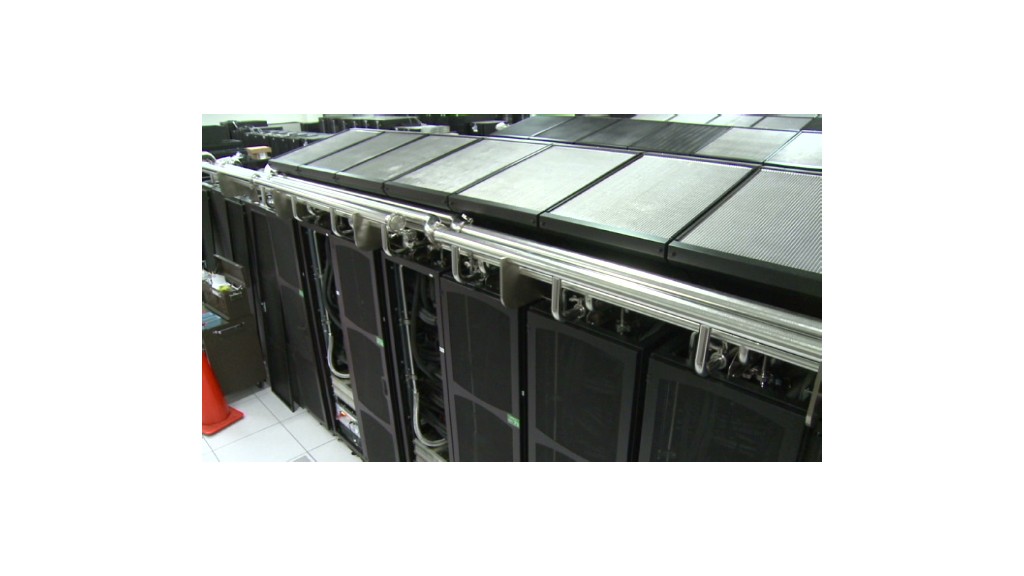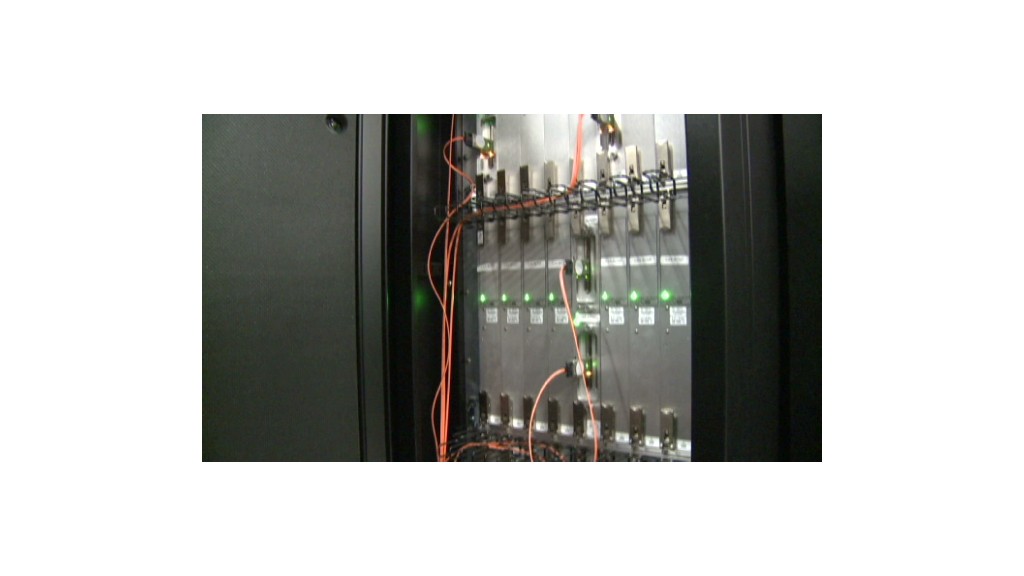
A new kind of global arms race is unfolding -- and this one is measured in petaflops.
Titan, the U.S. Department of Energy's top open science computer, is going live on Monday with an upgrade that will likely make it the fastest supercomputer on the planet. At 20 petaflops -- that's 20 quadrillion calculations each second -- Titan outperforms by four petaflops the DOE's Sequoia supercomputer, which has held the crown since June. The official "Top 500" ranking of the world's fastest supercomputers will be announced next month.
The United States is back on top of the computing world after ceding ground to Japan, China and Germany over the past three years.
That's not just a badge of honor: It's also critical to national security and the country's economic viability. Titan will help U.S. scientists pioneer research into climate change, biofuels, nuclear energy, new materials and other crucial fields, which will help them create the next wave of car batteries, switchgrass ethanol and improved weather forecasting tools -- all developed in America.
Formerly known as Jaguar, the Cray (CRAY) supercomputer at the DOE's Oak Ridge National Laboratory got a major upgrade and an appropriately intimidating new name.
Titan replaced its predecessor's 224,256 central processing units (CPUs) with 299,008 faster CPUs made by AMD (AMD), along with 18,688 graphics processing units (GPUs) made by Nvidia (NVDA). The GPUs serve as accelerators to the CPUs. That's why Titan has just a third more central processors and the same number of computing nodes and cabinets as Jaguar, but delivers 10 times the performance.
Even more crucially, Titan's processors are five times more energy-efficient than their predecessors.
Related story: What it's like to play with the Jaguar supercomputer
Power constraints are the biggest challenge in the race to maximize speed. Running at just 2.3 petaflops, Jaguar required 7 megawatts of energy -- the same amount of electricity required to power 7,000 homes. The cost of simply plugging in Jaguar was $7 million last year.
If Jaguar had been expanded with CPUs, not GPUs, a 20 petaflop machine would have required 60 megawatts of power, at a cost of $60 million. That would have been a dealbreaker.
The Oak Ridge National Laboratory says Titan's energy costs are very slightly higher than Jaguar's. The system's design is "a responsible move toward lowering our carbon footprint," says Jeff Nichols, laboratory director at the Oak Ridge National Laboratory.

The GPUs powering Titan aren't special. They're actually same the hardware that's in high-end consumer PCs, popularized by hardcore PC gamers.
It's not the first time gaming has helped supercomputing. IBM's (IBM) RoadRunner supercomputer at the Los Alamos National Laboratory runs on the same processors used in the Sony (SNE) PlayStation 3.
"It costs billions of dollars to develop high-performance computing processors, and there's no way to make that money back," says Steve Scott, chief technology officer at Nvidia. "We couldn't do what we're doing without a consumer business for these processors."
So what's the DOE's plan for all of Titan's new speed and power?
The Oak Ridge National Laboratory plans to stay focused on the 40 projects currently using the supercomputer. Instead of tens of millions of CPU hours, each project will get hundreds of millions.
That will help researchers accelerate their breakthroughs. Still, it's only a matter of time before they'll want more. By 2016, the Department of Energy will be upgrading Titan to its successor, which it hopes will reach 200 petaflops -- 10 times the speed of Titan.
"Demand will never stop," Scott says. "Once we're on the verge of an exaflop" -- that's 1 quintillion calculations per second -- "scientists will be talking about their demand for a zettaflop."

